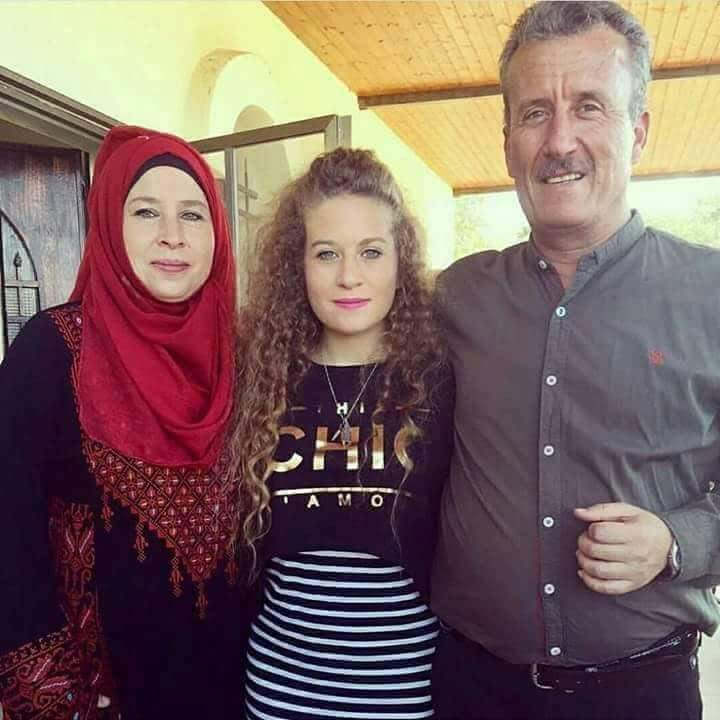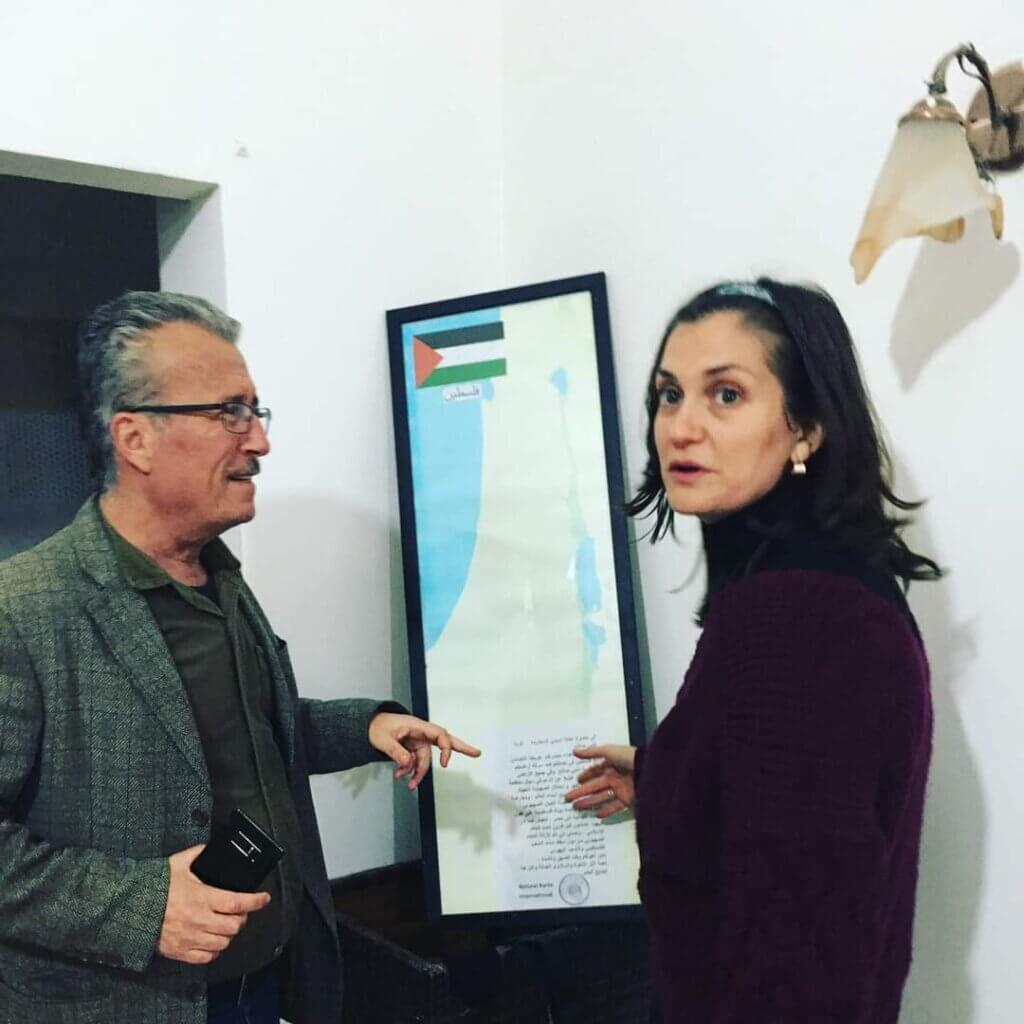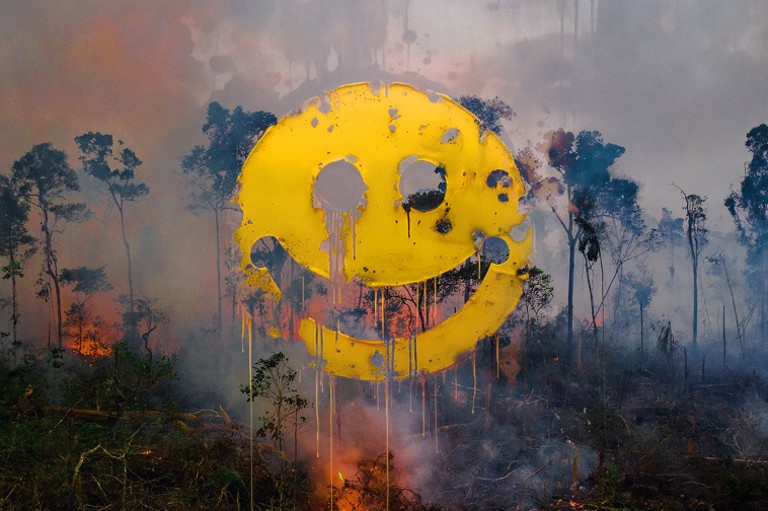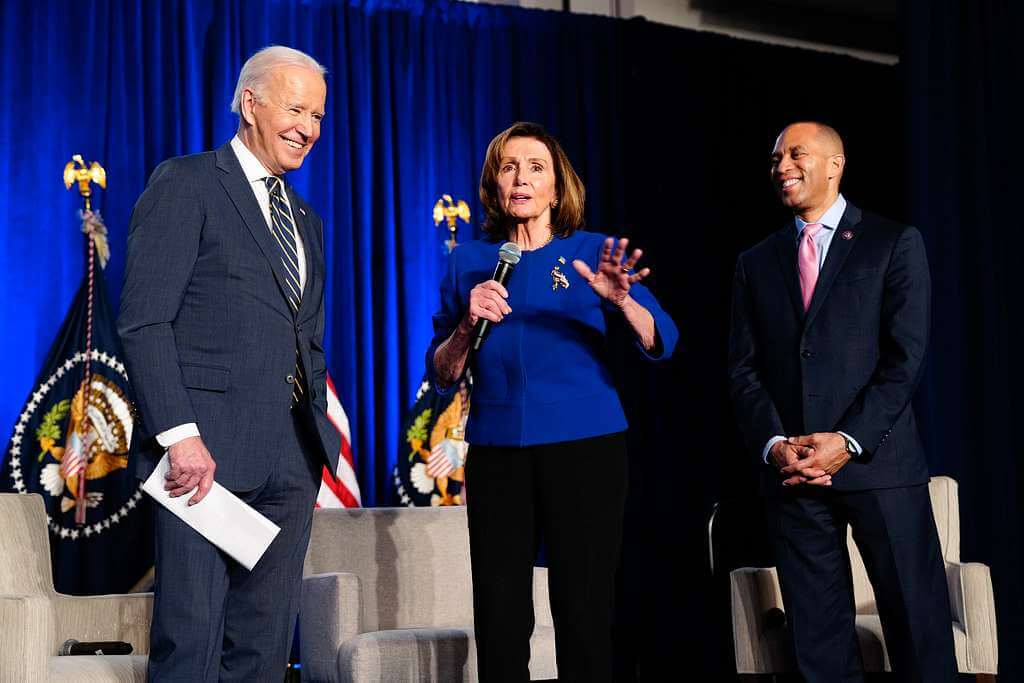If a problem had a simple solution, it would never become a serious problem. The solution would quickly be applied and the problem would be solved. Populists know how attractive this can sound. They gain power by claiming they have simple solutions to problems that worry people. Often these ‘problems’ are created by the populists themselves, aided and abetted by a client media.
Populism 101 – get people scared and angry … then sell everything off
A classic example is immigration in the 1980s. The newspapers in particular relentlessly pushed the narrative of foreigners getting social housing and claiming benefits (neither of which was true, because they were not entitled to either) and stealing ‘our jobs’. Eventually this worked with a significant proportion of the population, but the effect varied from place to place. It was weaker in urban areas where there was noticeable migration and people could see and experience the contribution migrants made, but greater in areas with low migration, despite many of the few visible migrants being doctors and nurses in the local NHS.
Until the 1970s, the Conservative Party was centre right, describing itself as ‘One Nation Conservatives’. It sought to look after businesses and investors but maintained public services like the NHS and social care. The mainstream media were far more right wing, and increasingly put pressure on the right to be less benevolent. Margaret Thatcher emerged in a period when trade unions were strident and frequently economically illiterate, and management were entrenched and often incompetent. The polarisation saw the dismantling of union influence and destruction of much manufacturing industry.
In parallel, an ideology took hold, (supported by enough of the population to give Thatcher power), that public services were wasteful and inefficient, and private enterprise could do a better job and cost people less. It is only in the last decade that the illusion of this fallacy has occurred to the greater part of the public, and the scales have fallen to reveal the truth.
The privations of privatisation – how we live now
It is possible to argue that free enterprise and competition are capable of providing a good service, but without genuine competition, the approach is a disaster. Public utilities have soared in price with little to no improvement in service. UK railways, for example, have had to revert to public ownership on several occasions – GNER to National Express East Coast then East Coast (public) followed by Virgin East Coast, and now publicly owned LNER – and as companies take government money then pull out when profits drop.
Railway infrastructure briefly went into private ownership, but was quickly brought back into public control when costs trebled. The UK has the highest rail fares in the world, higher than anywhere else in Europe – 55p per mile in the UK v 30p in Holland and 19p in Germany. An even worse example is an industry where there is no competition at all: water.
The cost of water and sewage has risen astonishingly. As confirmed by Full Fact, “between 1989, when water services were privatised in England and Wales, and 2014/15, average household water bills rose by 40% above inflation”. People accepted that this was the result of companies having to invest in supply lines and replace century-old Victorian sewage infrastructure. The truth, we discover, is that thanks to totally ineffective regulation, the extra money was largely spent on massive dividends for many foreign investors, such as the Canadian Teachers Pension fund, by our largely foreign-owned water companies.
Distraction, distortion … and disintegration
Meanwhile our right-wing press were busy diverting everybody’s attention to supposed benefit scroungers, communist councillors, incompetent council workers, lazy firefighters, anybody they could ‘other’ and blame, but always, always, the horrible nasty immigrants. The right wing always hated the EU, even when Thatcher realised how economically beneficial it was, and achieved the single market. The EU had labour laws, standards, and rules that required broadly liberal democracy. It had to be demonised and opposed. Boris Johnson spent many years as a Telegraph columnist telling lies to do exactly that.
A mixture of malign forces combined to pressure Conservatives Party members to mount a campaign to attack EU membership: funding from far-right influences in the USA, right-wing billionaires in the UK, perhaps covert influence from bad European actors, and social media manipulation funded from unscrupulous influencers.
After years of austerity which saw billionaires multiply their wealth while working people got poorer and services shrank, enough people were convinced that leaving the EU was the answer to their ills. Johnson took the mantle of leader to further his political ambition. He proved to be a consummate populist, and, for a time, a convincing liar, eventually exposed in the inquiry that saw him suspended from the Commons.
Populism, however, offers simple solution to difficult problems. Sometimes excuses come along to blame for the simple solution not working, and the populist can point the finger at forces thwarting the ‘will of the people’, but eventually, the penny drops.
The angry few longing for a home
Some people, however, never get it. I heard a man call a radio station after Suella Braverman was sacked. He was livid, but had the answer. He voted to leave the EU to stop immigration (obviously unaware that non-EU citizens had nothing to do with EU policy). But the answer was simple. Rwanda was ridiculously expensive and unnecessary. Just leave the European Convention on Human Rights and ‘send them all back’.
Clearly the caller was oblivious to the fact that international law (namely the UN 1951 Refugee Convention) prohibits sending people anywhere that might result in harm, and that in any event, airlines will not fly people to countries unless they have a valid passport or visa. Did he imagine the RAF could fly over their country of origin and push them out with a parachute? Perhaps he did.
No doubt our caller favours the push in some Conservative circles for Britain to leave the ECHR. No matter that to do so would put the UK in a European club with only Russia and Belarus as fellow members, and that ignoring the UN could have a devastating effect on our world standing, trade, and investment. And if the Conservative Party fails to deliver what he thinks he wants, what then? Quite possibly he will turn away from them and seek out a more right-wing alternative, and they will welcome him with open, populist arms.
Geoff Thompson

Geoff is a retired university manager with a media background, former breakfast radio presenter on community radio and current very active volunteer on a Yorkshire heritage railway.

 BASSEM TAMIMI AND ALISON AVIGAYIL RAMER IN 2011
BASSEM TAMIMI AND ALISON AVIGAYIL RAMER IN 2011





